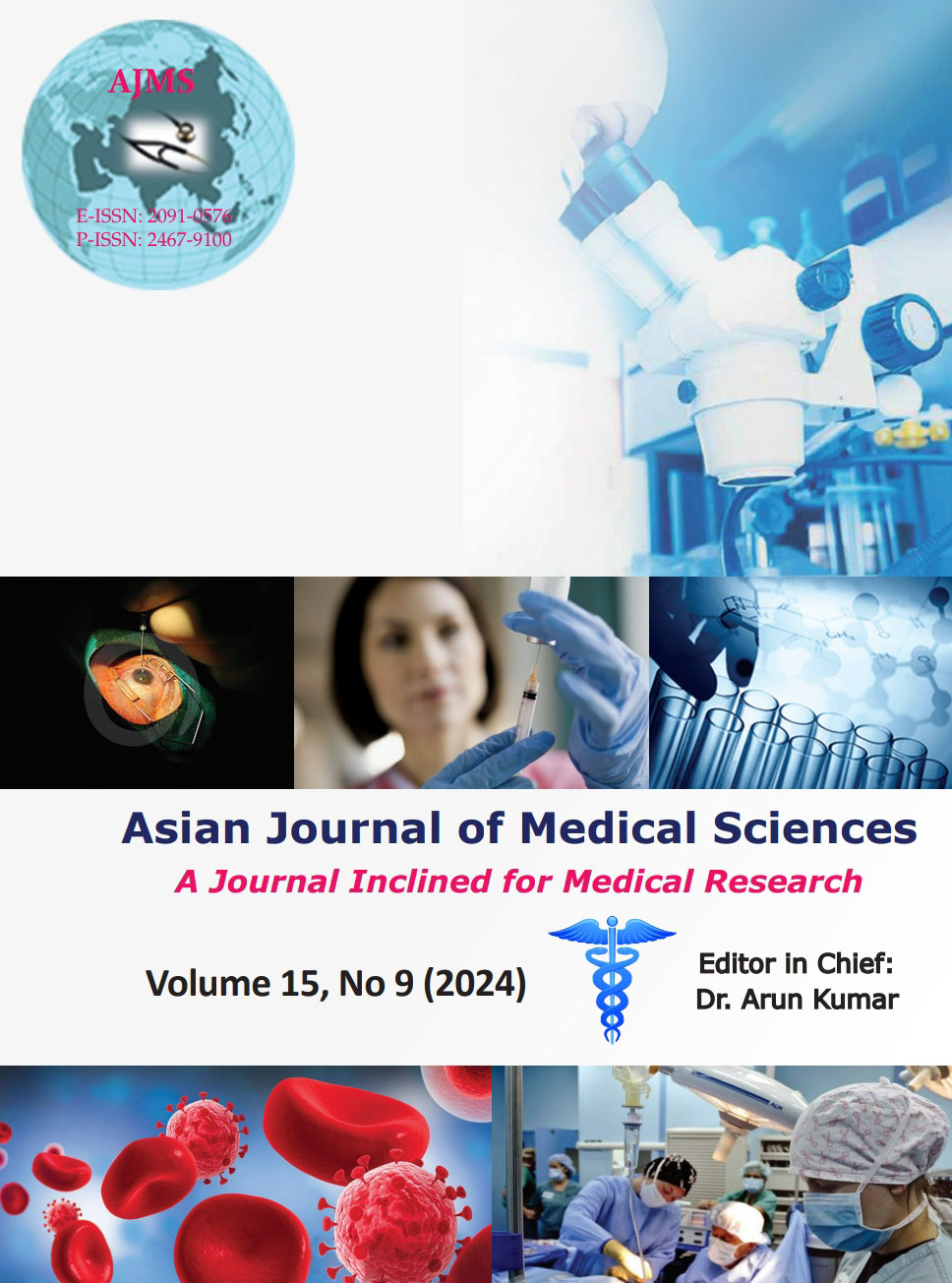Serum Vitamin D level in sepsis patients and its correlation with clinical outcome
Keywords:
Systemic inflammatory response syndrome; Sepsis; Patient outcome assessment; 24, 25-dihydroxy vitamin D3; MortalityAbstract
Background: Serum Vitamin D plays an important role in sepsis; lack of Vitamin D has been linked to a higher risk for the progression of infections, as it signifies an immune system mediator.
Aims and Objectives: In this study, our aim is to evaluate the correlation between serum levels of Vitamin D and clinical outcome in sepsis patients.
Materials and Methods: The present prospective cohort study was performed on patients over 18 years of age suspected of sepsis presenting to an emergency department during 1 year. For all eligible patients, the blood sample was drawn for the measurement of serum level of Vitamin D3, and its correlation with outcomes such as mortality, renal failure, and liver failure was assessed.
Results: One hundred and sixty patients with a mean age of 48.5±20.587 years were studied (60.0% males). The mean serum level of Vitamin D3 in the studied patients was 32.0±12.54 ng/mL. By considering 30–100 ng/mL as the normal range of Vitamin D, 70% of the patients had Vitamin D deficiency. Only age (r=−0.261, P=0.037) and mortality (r=−0.426, P=0.025) showed a significant correlation with mean Vitamin D.
Conclusion: Based on the result of this study, out of 160 patients, 61.25% of patients with sepsis are Vitamin D deficient. There is a significant and inverse relationship between mortality and advanced age which were associated with serum Vitamin D3 levels. Hence, supplementing with Vitamin D appears to have potential benefits in reducing infection rates, sepsis-related deaths, and infection prevalence, particularly in the elderly.
Downloads
Published
Versions
- 2024-09-03 (3)
- 2024-09-03 (2)
- 2024-08-06 (1)
How to Cite
Issue
Section
License
Copyright (c) 2024 Asian Journal of Medical Sciences

This work is licensed under a Creative Commons Attribution-NonCommercial 4.0 International License.
Authors who publish with this journal agree to the following terms:
- The journal holds copyright and publishes the work under a Creative Commons CC-BY-NC license that permits use, distribution and reprduction in any medium, provided the original work is properly cited and is not used for commercial purposes. The journal should be recognised as the original publisher of this work.
- Authors are able to enter into separate, additional contractual arrangements for the non-exclusive distribution of the journal's published version of the work (e.g., post it to an institutional repository or publish it in a book), with an acknowledgement of its initial publication in this journal.
- Authors are permitted and encouraged to post their work online (e.g., in institutional repositories or on their website) prior to and during the submission process, as it can lead to productive exchanges, as well as earlier and greater citation of published work (See The Effect of Open Access).




